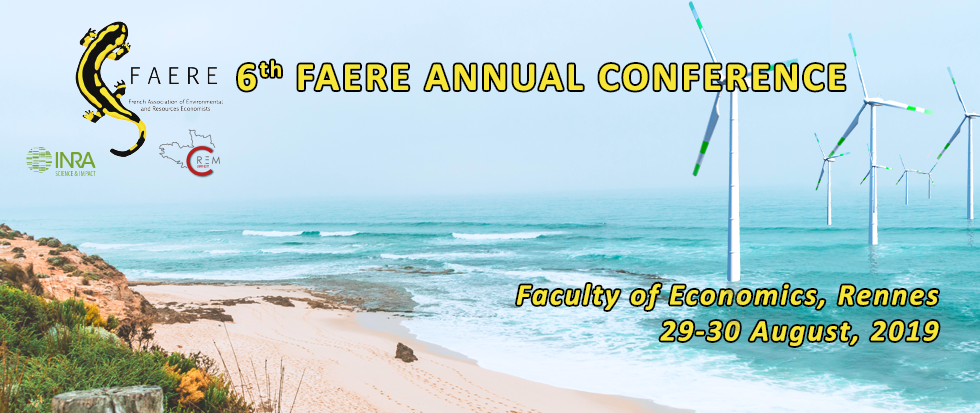Climate change is seen by economists as an issue of intertemporal consumption trade-off: consume all you want today and face climate damages in the future, or sacrifice consumption today to implement costly climate policies that will bring future benefits through avoided climate damages. If one assumes enduring technological progress, a controversial conclusion ensues: to reduce intergenerational inequalities, we should postpone climate policies and let future, richer generations pay. Growing evidence however suggests that the trade-off is more complex: abrupt, extreme, irreversible changes to the climate may cause discontinuities to socio-economic systems, possibly leading to human extinction. The most relevant trade-off would then be between present consumption and the mere existence of future generations. In this paper we show that when accounting even for a very small risk of catastrophic climate change, it is optimal to pursue stringent climate policies to postpone extinction. Our results conform with the well-known conclusion that tight carbon budgets are preferred when aversion towards inequalities between generations is low. However, by contrast with previous studies, we show that stringent policies are also optimal when inequality aversion is high. This is because a higher inequality aversion makes the scenario of a small and relatively poor population (obtained when mitigation is low) especially unattractive. The size of the optimal carbon budget decreases with the social preference for large populations, but this parameter plays almost no role at extreme levels of inequality aversion. Our result thus demonstrates that views from opposite sides of the ethical spectrum in terms of inequality aversion converge in terms of climate policy recommendations, warranting immediate climate action. We therefore identify new spaces of compromise between contrasted ethical stances to set the ambition of climate policies, as new coalitions may emerge, bringing together opposing sides of international climate negotiations.

When opposites attract: averting a climate catastrophe despite differing ethical views
1 : Centre International de Recherche sur lÉnvironnement et le Développement
(CIRED)
-
Website
Centre de Coopération Internationale en Recherche Agronomique pour le Développement : UMR56-2015, École des Hautes Études en Sciences Sociales, AgroParisTech, Ecole des Ponts ParisTech, Centre National de la Recherche Scientifique : UMR8568
45 bis, avenue de la Belle Gabrielle - 94736 Nogent-sur-Marne Cedex -
France
2 : Centre International de Recherche sur lÉnvironnement et le Développement
(UMR CIRED)
-
Website
Centre de Coopération Internationale en Recherche Agronomique pour le Développement : UMR56-2015, École des Hautes Études en Sciences Sociales, AgroParisTech, Ecole des Ponts ParisTech, Centre National de la Recherche Scientifique : UMR8568
45 bis, avenue de la Belle Gabrielle - 94736 Nogent-sur-Marne Cedex -
France
4 : Woodrow Wilson School of Public and International Affairs
(WWSPIL)
-
Website
Woodrow Wilson School of Public and International Affairs, Princeton University, Robertson Hall, Princeton, NJ 08544-1013 -
États-Unis


